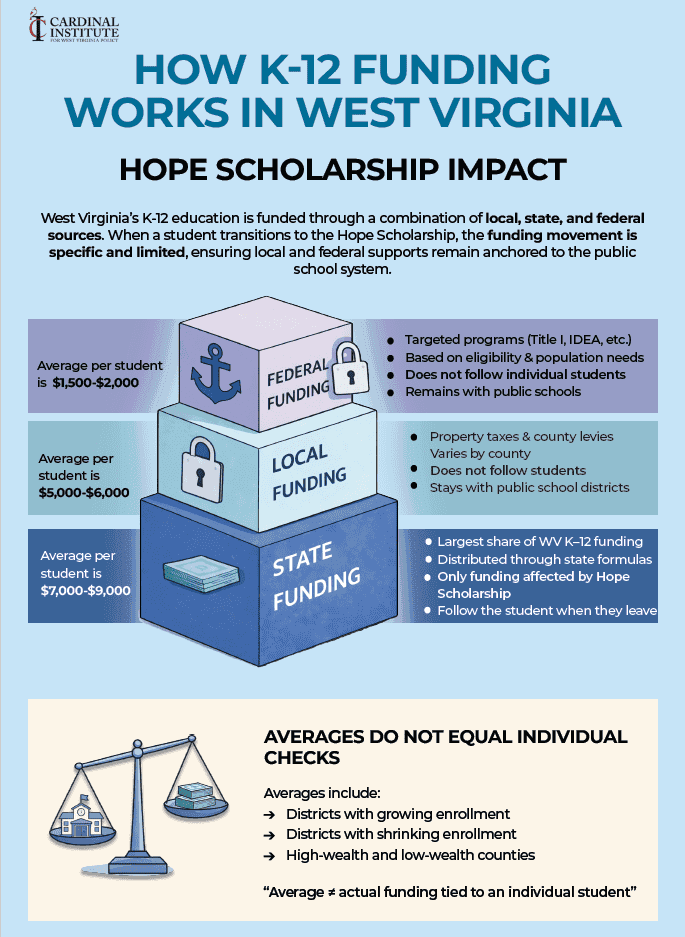
Permission Slips Aren’t Just For School Field Trips Anymore
Cardinal Team
Permission slips: most students remember taking one of these home for their parents to sign so they could go on a field trip, participate in a school activity, or perhaps watch a PG13 movie in the classroom. But did you know that permission slips aren’t just for field trips anymore?
Government permission slips to work, also known as occupational licensing, have increased in number over the years. In the 1950s, only 1 in 20 workers needed a government license to work. Now, it’s 1 in 3.
You may be thinking, “Wouldn’t you want your doctors and lawyers to be licensed? They provide vital services that require high level of skills and the outcomes of a bad doctor or lawyer could be life altering!”
Sure, but it’s not only doctors and lawyers who have to obtain a government permission slip to work. In fact, there are nearly 500 occupations that are currently licensed in at least one state and they include things like hair braider, funeral attendant, and florist.
Occupational licensing on these and other low to medium-income jobs serves as a hurdle to employment and a barrier to entry for new entrepreneurs. Rather than consumers, it is current practitioners and special interests who are protected the most – often through grandfather clauses built into the law or by the sheer burden of the licensing requirements.
In some instances, the licensing requirements are low, but in many cases, job seekers are required to meet a variety of government requirements: (1) formal schooling, (2) experience, (3) payment of fees, (4) personal characteristics (this can be anything from a citizenship or residency requirement to a “good moral character” requirement), and (5) successful completion of a licensing exam.
The Institute for Justice published License to Work: A National Study of Burdens from Occupational Licensing, the first national study to measure how burdensome occupational licensing laws are for lower-income workers and aspiring entrepreneurs. They studied 102 low and moderate income occupations across all 50 states and the District of Columbia and found that not only is occupational licensing across the US widespread, it is often burdensome and illogical.
In their examination of West Virginia, they found that of the 102 occupations they studied, the Mountain State licenses 49. This leaves West Virginia ranked as the state with the 27th most burdensome licensing laws, and the 17th most extensive and onerously licensed state.
In addition to the Institute for Justice’s study, we at the Cardinal Institute wanted to find out how West Virginia’s licenses compare to our neighbors, Ohio & Pennsylvania. So, we partnered with Dr. Ed Timmons at the Knee Center for the Study of Occupational Regulation to compare 64 occupations across the three states. Our study found that 25 of the 64 (39%) occupations we studied have high barriers compared to our neighbors. In West Virginia, initial licensing fees are 7.7% above average and renewal fees are 8% above average.
These two studies combined paint a picture of a mountain of regulation that workers in the Mountain State must overcome in order to go back to work. These government permission slips aren’t necessarily helping the health and safety of the general public. Additionally, in a state that already has serious economic and employment concerns, occupational licenses serve only as barriers to work preventing West Virginians from finding meaningful employment that can help them to achieve their American Dream.
It’s time to clean up the regulations that are holding West Virginians back and let people earn a living!
Amanda Kieffer is the Communications Associate at the Cardinal Institute for West Virginia Policy







